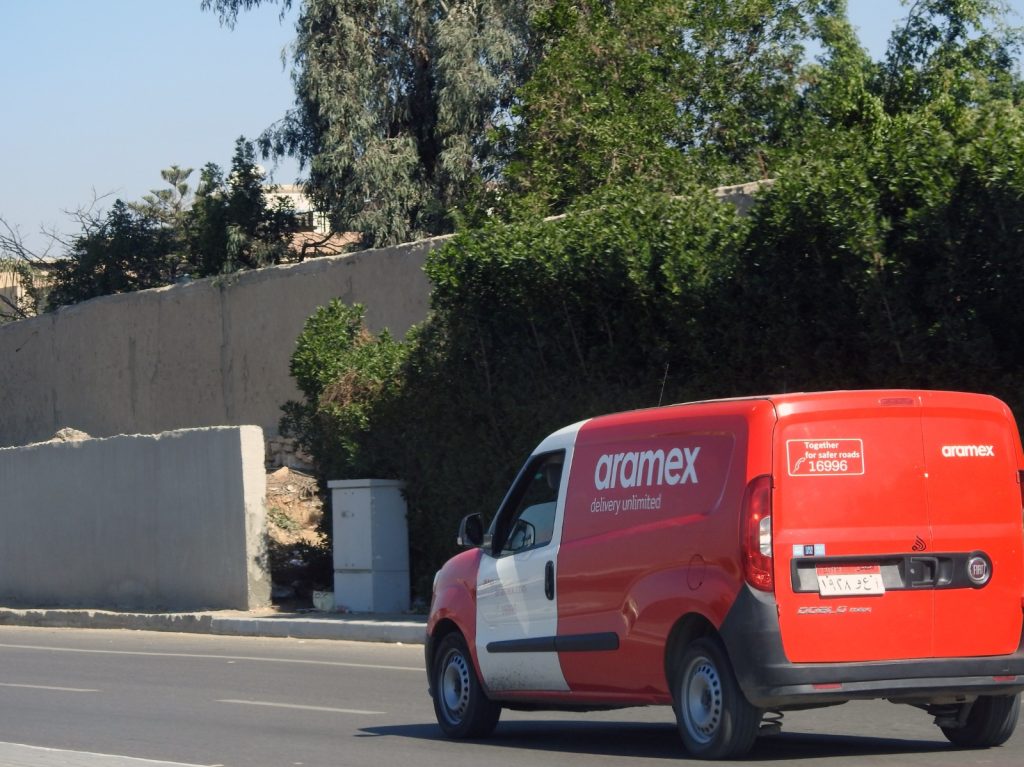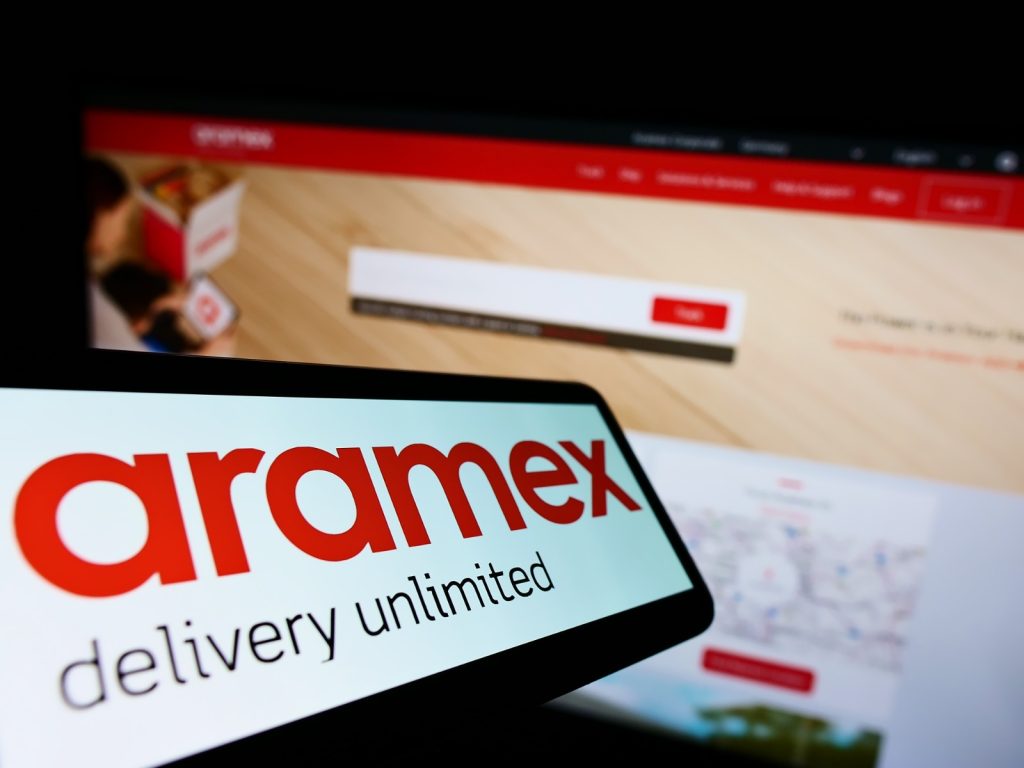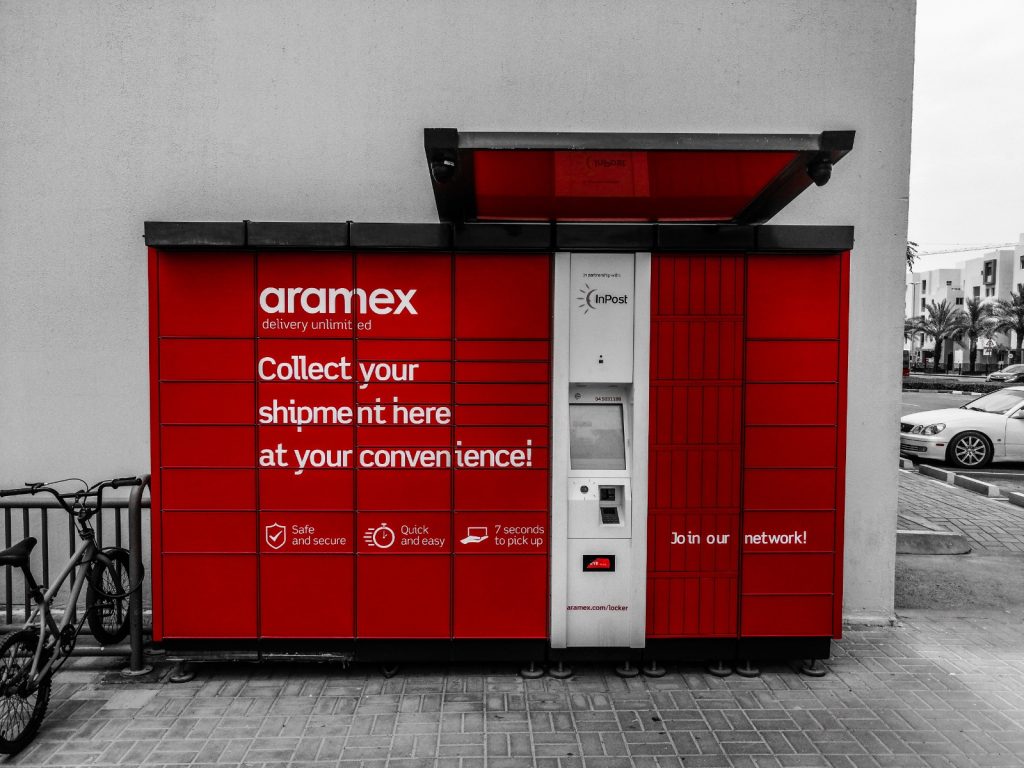Angad Singh, Global Director of Innovation at Aramex, interacts with Vibha Mehta on how innovative techniques shape the logistics industry…
Angad Singh, currently overseeing Aramex‘s innovation portfolio, manages current products and spearheads the development of next-generation solutions. With a background spanning from manufacturing to operational roles at Fetchr, Amazon, and Aramex, he brings a wealth of experience to the logistics industry. His journey began in manufacturing, driven by a passion for automobiles. At Amazon, he was pivotal in managing fulfilment operations during the company’s entry into the Indian market.
With exposure to the startup landscape, Angad gained insights into the e-commerce industry through various projects. “Reflecting on my career journey, I initially ventured into manufacturing with a keen interest in the automotive sector. Working directly with the CEO exposed me to impactful projects across various corporate and enterprise levels, shaping my path to becoming the Global Director of Innovation at Aramex,” says Angad Singh, Global Director of Innovation at Aramex.
While COVID-19 posed significant challenges, Angad acknowledges the resilience and adaptability within the network and planning that enabled them to overcome obstacles. Looking ahead to 2021, Angad seized the opportunity to spearhead innovation at Aramex, focusing on developing novel products, processes, and revenue streams. Angad expresses, “Currently, I’m enjoying the process of building for the future while actively engaging in the present.”
Speaking of innovation, Angad believes that disruptions result from a finely tuned innovation engine. He underscores the term “engine,” drawing parallels with his automotive background. The evaluation engine, he elaborates, sifts through ideas from internal and external sources, including customer problem statements. These ideas form the basis for developing products, programs, and processes. Once implemented, their impact on addressing the identified issues is measured, resulting in tangible outcomes.
At Aramex, ideas are carefully evaluated and categorized within a ‘product-program pool.’ Through thorough research and classification based on impact and customer priorities, selected products, processes, and programs are introduced to the market. About 12 such initiatives have been successfully launched, each aiming for significant impact and disruption.

An example is the ‘Future Vehicle’ program, which explores innovative methods for transporting parcels and cargo across air, sea, and land, reflecting the outcome of a well-functioning innovation engine. Initially focused on drones, Aramex successfully integrated drone delivery into its operations in Oman over a year ago. Today, shipments are still being delivered via drones. Building on this success, Aramex is now exploring heavier alternatives for transporting parcels and cargo, with plans to showcase new advancements in this area. Looking ahead, the company aims to expand its capabilities to include autonomous vehicles for land and sea transport, presenting a highly innovative and disruptive solution.
Recently, Aramex launched single-cabin point-to-point delivery services in the UAE and KSA, demonstrating its commitment to advancing delivery technologies. “So, we’ve engineered a custom-designed multi-cabin board, a first in our industry. After its successful deployment in Oman, we’re rolling it out in the UAE. It’s a massive leap forward regarding delivery logistics,” highlights Angad. Couriers and delivery champions traditionally covered these routes. Instead of delivering packages, these champions are deploying bots to compounds, marking a significant shift in delivery logistics. It’s a clear example of disruptive innovation driven by a well-established innovation engine.
Additionally, Angad points out that the GCC region is highly appealing, mainly due to the government’s and regulators’ proactive stance. Their focus on modernization, especially in the UAE and KSA, has led to progressive regulations, making these markets prime for investment and innovation. While similar developments have occurred in other GCC countries, the spotlight remains on the UAE and KSA.
The forward-thinking regulations have enabled initiatives like the drone program, empowering operations and customers to adopt new technologies, resulting in unparalleled regional disruption. “We’ve noticed many of our partners from the West seeking advice on our innovation programs lately. Over the past year, we’ve visited them as they’re eager to learn from our successful deployment of these products and programs,” shares Angad. The permission granted by regulators in the region is the critical factor enabling them to innovate on such a large scale. Innovation of this magnitude seems most fitting for the Middle East, and they find themselves fortunate to be positioned here at this opportune moment.

Furthermore, sustainability at Aramex is among the most advanced in the region, with sustainability practices deeply ingrained in their decision-making process. They prioritize sustainability in all operations, considering whether each action aligns with their aggressive sustainability goals. Beyond electrifying their fleet and exploring alternative fuel sources like biodiesel and hydrogen, Aramex has also invested in solar power for all major facilities. Additionally, their network strategy involves building facilities closer to end customers, reflecting their commitment to sustainability and customer service. “At Aramex, we don’t just focus on replacing emitting sources; we also proactively reduce emissions within our networks. Additionally, we ensure that all our packaging is biodegradable, showcasing their dedication to sustainability across all aspects of our operations,” emphasizes Angad.
Innovation is central to Aramex’s decision-making process, especially when deploying new products, programs, or processes. A notable segment of their future vehicle program involves electric vehicles, showcasing their dedication to sustainability. Another significant innovation is the Article Drop-Off Network, which offers convenient drop-off locations near their residences and enhances customer flexibility. This network has notably reduced emissions by consolidating multiple shipments in one area instead of travelling to various destinations. Sustainability remains a pivotal consideration in Aramex’s network and innovation strategies, shaping its business evolution and customer service approach.
In addressing last-mile challenges, particularly at scale, the complexity of operations becomes evident. With over 110 million shipments annually, the key to success is fostering flexibility and agility to accommodate unforeseen circumstances and customer demands. This includes adapting to fluctuating loads, diverse customer preferences, and a wide range of delivery services, from one-hour to next-day deliveries. Leveraging extensive data analytics and insights is crucial for making informed decisions and integrating different delivery solutions seamlessly into the vast last-mile delivery network.

In recent years, the focus has shifted towards leveraging AI and machine learning to optimize the last-mile delivery process. Industry companies increasingly rely on these technologies to make data-driven decisions aligned with customer preferences and expectations. This entails forecasting and predicting delivery experiences based on past customer interactions, ultimately enhancing delivery service. Additionally, there has been a shift in the incentive structure for delivery champions, with a greater emphasis on prioritizing customer experience over productivity.
Collaborating with Google has enabled companies to give customers real-time visibility into their deliveries, allowing them to track shipments and even reschedule deliveries based on availability. These initiatives are underpinned by robust data and processes to address current challenges while implementing effective solutions. “So, there are specific challenges that we are addressing presently, but we’ve implemented some excellent solutions that are already operational. We’ve incentivized our champions to reflect the effort put into these solutions. It’s a considerable task given our scale – handling 110 billion shipments aren’t simple, but we strive to make it happen daily, ” Angad elaborates.
Angad advises professionals, emphasizing the importance of hard work and dedication. He suggests focusing on building something that captivates others and evokes admiration. According to him, it’s crucial to have a profound passion for your work and aim for perfection in every endeavour, as if your reputation hinges on it. “You must develop a deep attachment to your creations. When you attach your name to something, ensure its crafted precisely. This requires a genuine passion for your work. If you’re not enjoying your current endeavours, seek out what ignites your passion. I am deeply passionate about logistics and innovation within the logistics sector. I find great fulfilment in my current role,” concludes Angad.

